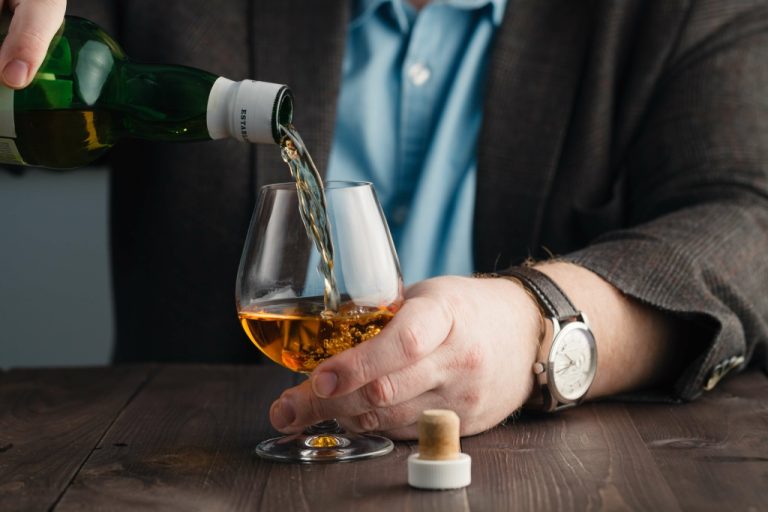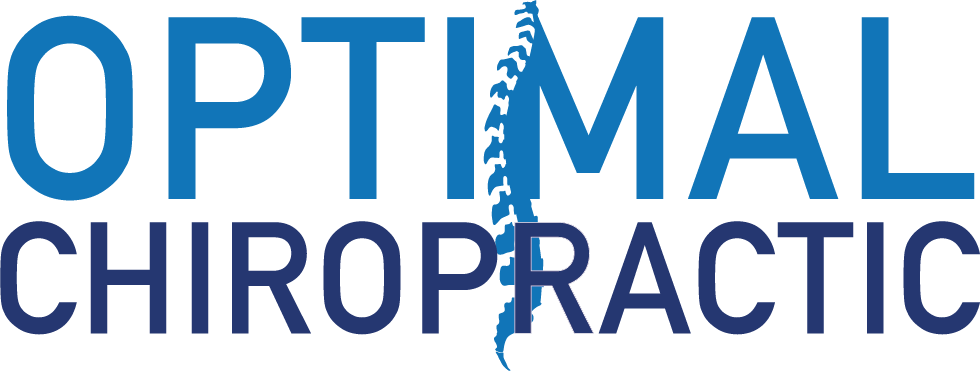People experiencing SUDs have trouble controlling their drug use even though they know drugs are harmful. For certain drug types, some symptoms are less prominent, and in some cases, not all symptoms apply. For example, withdrawal symptoms are not specified for inhalant use. Break the holiday drinking cycle by understanding emotional triggers, adopting small habit shifts, and reducing reliance on alcohol. Neuroscientist Adi Jaffe, Ph.D., who himself recovered from addiction, outlines five steps. Planning in advance a way out of high-risk situations—whether an event, a place, or a person—helps support intentions in the face of triggers to use.
Signs and symptoms

Shift perspective to see relapse and other “failures” as opportunities to learn. The prospect of change engages people in an inner dialogue about hope, disappointment, and accountability. Saying a mantra, substituting thoughts of recovery goals, praying, reading something recovery-related, reaching out to someone supportive—all are useful tactics. Cravings diminish and disappear in time unless attention is focused on them. Negotiating with oneself for a delay of use, which doesn’t deny the possibility of future use, and then getting busy with something else, capitalizes on the knowledge that cravings dissipate in about 15 minutes.
Addressing Alcohol with Children in a Positive Light
- What’s more, many individuals who cycle in and out of recovery have various health problems, such as chronic pain or mental illness, that can affect recovery progress.
- Gender-specific programs encourage camaraderie among individuals who share similar experiences, which helps create a strong support network.
- This stage of change can present new challenges as a person navigates life after treatment or without the regular support they may have had previously.
- The shifts in thinking and behavior are critical because they lay the groundwork for changes in brain circuity that gradually help restore self-control and restore the capacity to respond to normal rewards.
Addictive behaviors have similar neurological and psychological processes and create rewarding feelings and sensations, so replacement addictive behaviors are common among those trying to overcome an addiction. Focusing on finding rewarding, healthy strategies that support your long-term recovery. For alcohol and drug addictions, it is a good idea to talk to a doctor or local drug clinic about whether you need medical help in quitting. There are options for medications to help alleviate withdrawal symptoms.

Recognizing unhealthy drug use in family members
Recovering from alcohol addiction is a profound journey that involves both physical and psychological healing. The process is not linear and varies greatly from one individual to another, influenced by the severity of the addiction, the person’s health, and the quality of support and treatment received. This article provides a detailed look into the timelines and factors involved in recovering from alcohol use disorder, as well as the potential improvements in health and well-being during this transformative process.
- Because families are interactive systems, everyone is affected, usually in ways they are not even aware of.
- Recovery may involve medication to help with cravings and withdrawal as well as different forms of therapy.
- No matter what stage our guests enter treatment, we strive to meet them right where they are.
- People who experienced stress and trauma, such as child abuse, early in life are more likely to become addicted to drugs.
- “There are a lot of reasons for this,” explains HEAL-funded clinical psychologist Aaron Hogue, Ph.D., of the New York City-based Partnership to End Addiction.
After an attempt to decriminalize drugs made the addiction crisis in Oregon even worse, local Christians are pleading with the sick—and the state—to let them help. For men, a gender-specific setting can provide a space to break down societal expectations and express emotions without fear of judgment. Men may be more likely to share feelings of vulnerability and insecurity in an all-male group, where they don’t feel pressured to http://мир-историй.рф/elknigi/nauka-i-ucheba/31886-medical-terminology-simplified-a-programmed-learning-approach-by-body-systems.html maintain a tough exterior³.
While physical recovery is evident, psychological challenges can complicate the process. Individuals often face cravings, anxiety, and mood swings as they navigate initial sobriety. The first week can be particularly challenging, with withdrawal symptoms such as insomnia and irritability being common. Overall, the journey towards full brain recovery is intricate, necessitating patience and commitment from individuals. Continued support through treatment options like therapy and medication can further aid in long-term recovery.
Learn to Manage Stress
People “need a really healthy, clean, and sober community with a spiritual component, and without that, it’s a revolving door,” says Paul Schramm, aftercare director at Union Gospel Mission. Debunking “is addiction treatment free?” Explore options, insurance coverage, and hidden costs. Department of Veterans Affairs, about 46.4% of individuals who struggle with lifetime PTSD also… Explore inpatient vs. outpatient http://narodinfo.ru/news/49288.html addiction treatment to find the best path toward recovery for you or a loved one. Understand how long physical heroin withdrawal lasts and the crucial role of medical support in recovery. Learn how to help an addicted parent with effective strategies for communication and recovery support.

Learn effective strategies for addressing alcohol with children to promote healthy conversations and understanding. Explore five dangerous designer drugs and their risks, from addiction to overdose, for a safer path to recovery. Discover how to stop caffeine addiction with effective strategies, withdrawal tips, and healthy alternatives. Recognize delirium tremens symptoms, understand treatment options, and learn prevention strategies.
- Withdrawal symptoms can be a difficult aspect of overcoming addiction for both substance and behavioral addictions.
- But the programs run by Christians work to really know the people to whom they are ministering.
- Depending on an individual’s needs, such treatments may involve therapy, medications, or inpatient/outpatient rehab.
- While physical recovery is evident, psychological challenges can complicate the process.
- The risk of addiction and how fast you become addicted varies by drug.
- Many people are consuming significant amounts of alcohol and cannabis daily.
- Discover the role of physiological dependence in addiction and unlock paths to recovery.
Stimulant use disorder
For diagnosis of a substance use disorder, most mental health professionals use criteria in the Diagnostic and Statistical Manual of Mental Disorders (DSM-5), https://usamars.com/around-the-world-during-the-winter-holidays.html published by the American Psychiatric Association. While participating in the 12 steps of recovery can be beneficial for many people, consider the advantages and disadvantages of these programs before you decide if this approach is right for you. Though the original Twelve Steps of AA have been adapted over time, the premise of each step remains the same for all recovery programs that use a 12-step model. For many people, these groups may serve as their primary resource for changing their behavior, but they also often augment formal treatment. When looking for a recovery center to begin the treatment process, keep in mind that there is no treatment that is right for everybody. You will have the most success when you first educate yourself about available treatment types and then find a program that is tailored to your needs.


Recent Comments